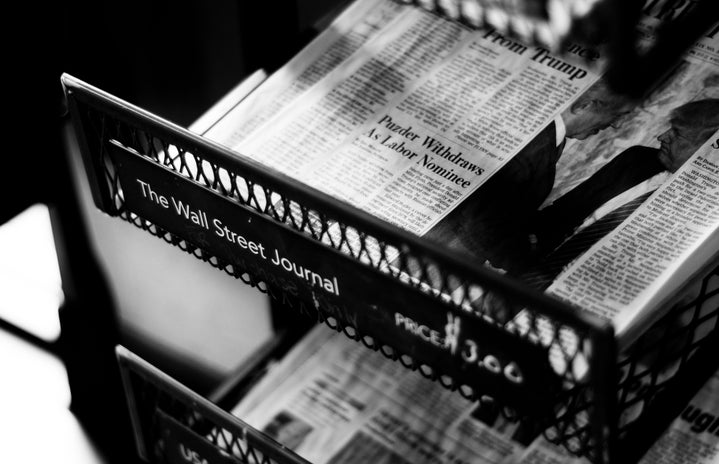Kirsten Corrigan
My thoughts on “How Europe Can Avoid a Deep Freeze – Only Energy Independence From Russia Can Stave Off Disaster” By Susi Dennison
As a government major, I’ve always found politics (local, national, and international) profoundly interesting. How global superpowers act through a crisis is one of the most shocking and interesting sects of politics to me. With the Russia – Ukraine War waging on for months now, many Nato states have attempted to rally around Ukraine and punish Russia. This phenomenon of these states coming together to support a non-nato state is incredibly rare. So, I have been interested in studying this for months and recently there was an article published in Foreign Affairs, which was super enlightening.
Essentially, throughout this article, it is clear that the message being conveyed is that for Europe to avoid an extreme winter, they must take precautions and work together (all of the EU, not just one or two countries independently). A large conflict that has arisen is many countries’ utter reliance on Russia for their energy sources. Russia is one of the largest producers of natural gas and also oil. Their industry is comparable to that of Saudi Arabia or Canada. Obviously, some countries in the EU are higher dependent on Russia than others, but the argument is that the whole of the EU should be coming together to develop foreign policy to lighten the blow of any harm caused by putting sanctions on Russia, in a move to both support all its citizens and I would argue support Ukraine as the invasion continues.
There are obvious worries and objections to the sanctions that have been placed on Russia in the past few months. Many countries, including Italy and France, have called out the need they see for cheaper gas and therefore feel they should go back to their established relationship with Russia. The article, states “Marine Le Pen, the leader of the far-right Rassemblement National in France, called for an end to what she termed “useless” sanctions on Russia.” This is an extremely important piece of evidence to cite, as it goes to the independence sentiment. This illuminates how some believe that they must put themselves first now and end the little aid they can provide to Ukraine. This is concerning as the EU thus far has seemed quite good about attempting to help in other ways, without getting into war themselves.
That being said, one way this article claims to ward off the crisis without letting Russia get off, is through working together to develop policy that will help all of them, rather than just one. I love this idea because I feel that the intersectionality of countries benefiting is an extremely important part of doing ‘what is right’. The most important example of this is to develop policies that will enable relationships with others in the East and in Africa, including (but not limited to) underprivileged countries. This would help both the EU and the other possibly underprivileged countries, and at the same time not help Russia. For example, the text states, “The EU should, for example, increase its investment in co-innovation programs and intensify cooperation on energy-efficiency and clean-energy initiatives in countries to its east and in Africa to build up reliable sources of green energy.” This would not only be effective for the EU and other countries but also more sustainable for the future. I think this article was super interesting and although I’m not sure of the exact implementation, I think it makes some very strong arguments. In summary, I believe this article articulates that to avoid an energy crisis in the wake of the Russia – Ukraine War, it is imperative that the whole of the EU work together on policy and take precautions.


